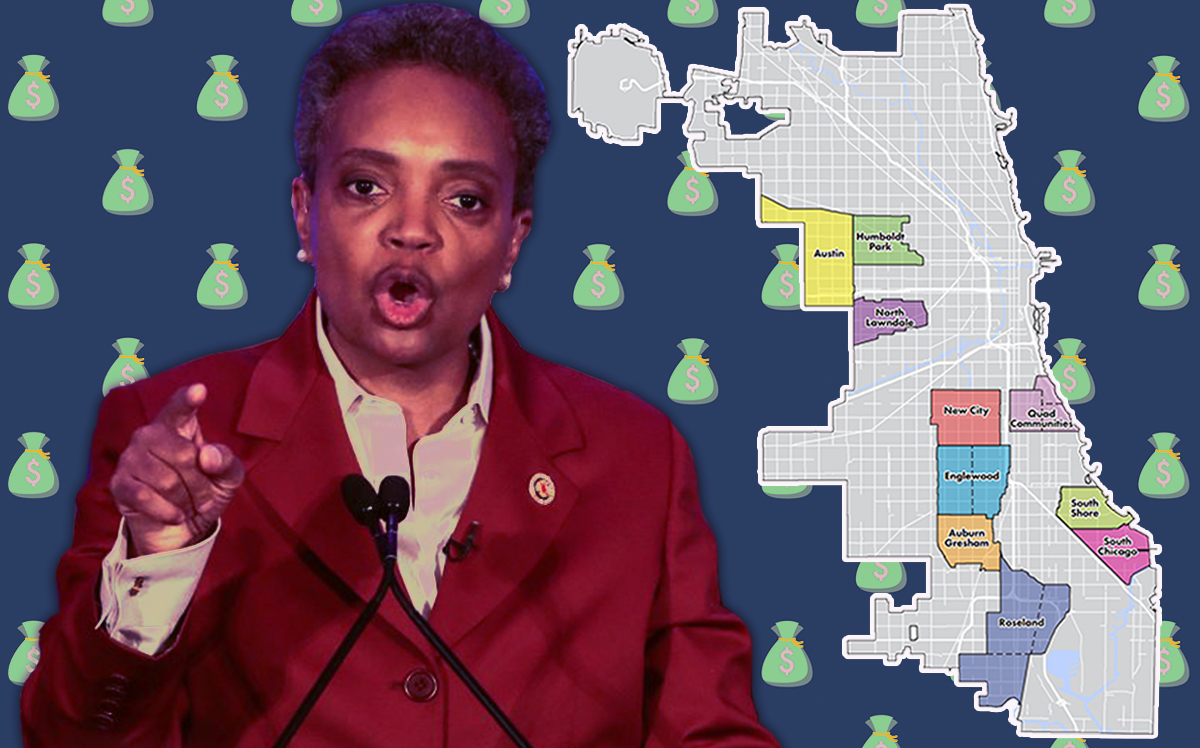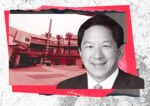Trending
Lori Lightfoot’s plan to reform TIFs means no more “one-offs”
“We have to have an intelligent plan on how to use TIF dollars,” the mayor said

Mayor Lori Lightfoot is allocating $250 million from the city’s coffers to improve commercial blocks in 10 neighborhoods on the South and West sides. It’s part of a larger plan to reform Tax Increment Financing districts, which have been criticized as real estate-driven slush funds.
Her program, called Invest South/West, will focus city planning initiatives on improvements having a high impact on blocks with pedestrian and retail activity, transit connections and public space. Largely funded by TIFs, it seeks to attract nonprofits and corporate money, with an initial $10 million commitment from BMO Harris Bank.
Lightfoot isn’t doing away with TIFs, but she wants them to be more modest and focused, she told the Chicago Sun-Times editorial board Wednesday. She said she wants Invest South/West to serve as a template.
“We have to have an intelligent plan on how to use TIF dollars and not just have a series of one-offs like we’ve been using in recent years,” she said.
Lightfoot’s administration estimated there’s about $1 billion collectively in the 144 TIF districts active in Chicago, most of which is committed to future projects benefiting public agencies, including schools and the CTA. The administration identified $349 million of that money as legitimate surplus and Lightfoot will pass $300 million of it to the taxing bodies by their relative shares, with the city getting $74 million and the schools receiving $163 million.
The mayor plans to continue to identify and return TIF surpluses, and then direct the funds towards the neighborhood improvements.
The TIF promises already made to the Lincoln Yards and the 78 megadevelopments are expected to remain unchanged.
[Chicago Sun-Times] — Brianna Kelly




